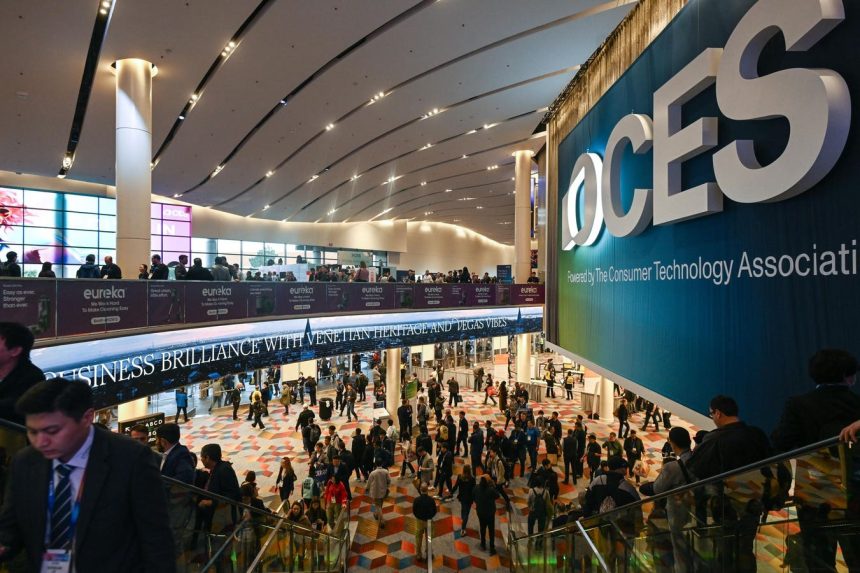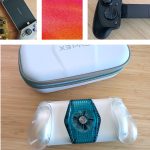CES 2025 showcased a convergence of technological advancements, with Artificial Intelligence (AI), health-focused wearables, and smart glasses emerging as dominant themes. The pervasive influence of AI was evident in the abundance of “smart” devices, appliances, and services, signifying a shift towards intelligent and interconnected technologies. From smart TVs and vehicles to kitchen appliances and even toilets, AI integration was ubiquitous, promising increased automation, personalization, and enhanced functionality across diverse sectors. This trend underscores the ongoing evolution of AI from a niche technology to a fundamental component of everyday products and services.
The focus on health and well-being was equally prominent, with a surge in innovative health-related wearables. Smart rings capable of detecting sleep apnea, advanced health monitoring features in existing wearable platforms, and over-the-counter glucose monitoring devices designed for both pre-diabetic individuals and those seeking to understand the impact of lifestyle choices on blood sugar levels. This proliferation of health-focused wearables reflects a growing awareness of personal health management and the increasing accessibility of sophisticated monitoring tools for consumers. The ability to track and analyze vital health data empowers individuals to make informed decisions about their well-being, potentially leading to proactive health management and improved outcomes.
Smart glasses emerged as another major focus at CES 2025, solidifying their position as a rapidly evolving technology with significant potential. Several companies showcased new smart glasses models, demonstrating advancements in display technology, functionality, and user experience. The ability to project large virtual screens, translate languages in real-time, and access information seamlessly positions smart glasses as a potential game-changer in how we interact with digital information. The growing interest and investment in smart glasses suggests a future where these devices become an integral part of our daily lives, enhancing communication, entertainment, and information access.
A dedicated panel discussion on XR headsets and smart glasses provided valuable insights into the future of these technologies. Industry experts discussed the evolving applications of XR headsets, with gaming, enterprise training, and education identified as key areas of growth. The success of leading XR headset platforms with their diverse app ecosystems highlights the increasing adoption and versatility of these devices. The panel’s consensus pointed towards smart glasses becoming a ubiquitous means of accessing and interacting with digital information in the coming years, potentially surpassing smartphones and PCs in their indispensability. This vision suggests a future where smart glasses seamlessly integrate into our lives, augmenting our reality with real-time information, communication tools, and personalized experiences.
The technical challenges associated with smart glasses development, particularly in lens technology, were also addressed. Creating lenses that effectively project information while maintaining energy efficiency and high resolution remains a significant hurdle. Despite ongoing advancements in optics, achieving the optimal lens technology for a seamless user experience remains a work in progress. Overcoming these technical challenges will be crucial for widespread adoption and realization of the full potential of smart glasses. This ongoing quest for optimal lens technology represents a critical area of focus for researchers and manufacturers as they strive to create compelling and user-friendly smart glasses for the mass market.
CES 2025, with its vast exhibition space and overwhelming attendance, served as a testament to the rapid pace of technological innovation. The convergence of AI, health wearables, and smart glasses highlights the interconnectedness of these trends and their potential to reshape our digital experiences. The event showcased not only the latest products but also provided insights into future technological trajectories and the challenges that lie ahead. The buzz surrounding these emerging technologies underscores the ongoing evolution of the digital landscape and the potential for transformative change in the years to come. As these technologies mature and converge, they promise to create a more interconnected, intelligent, and personalized world.



